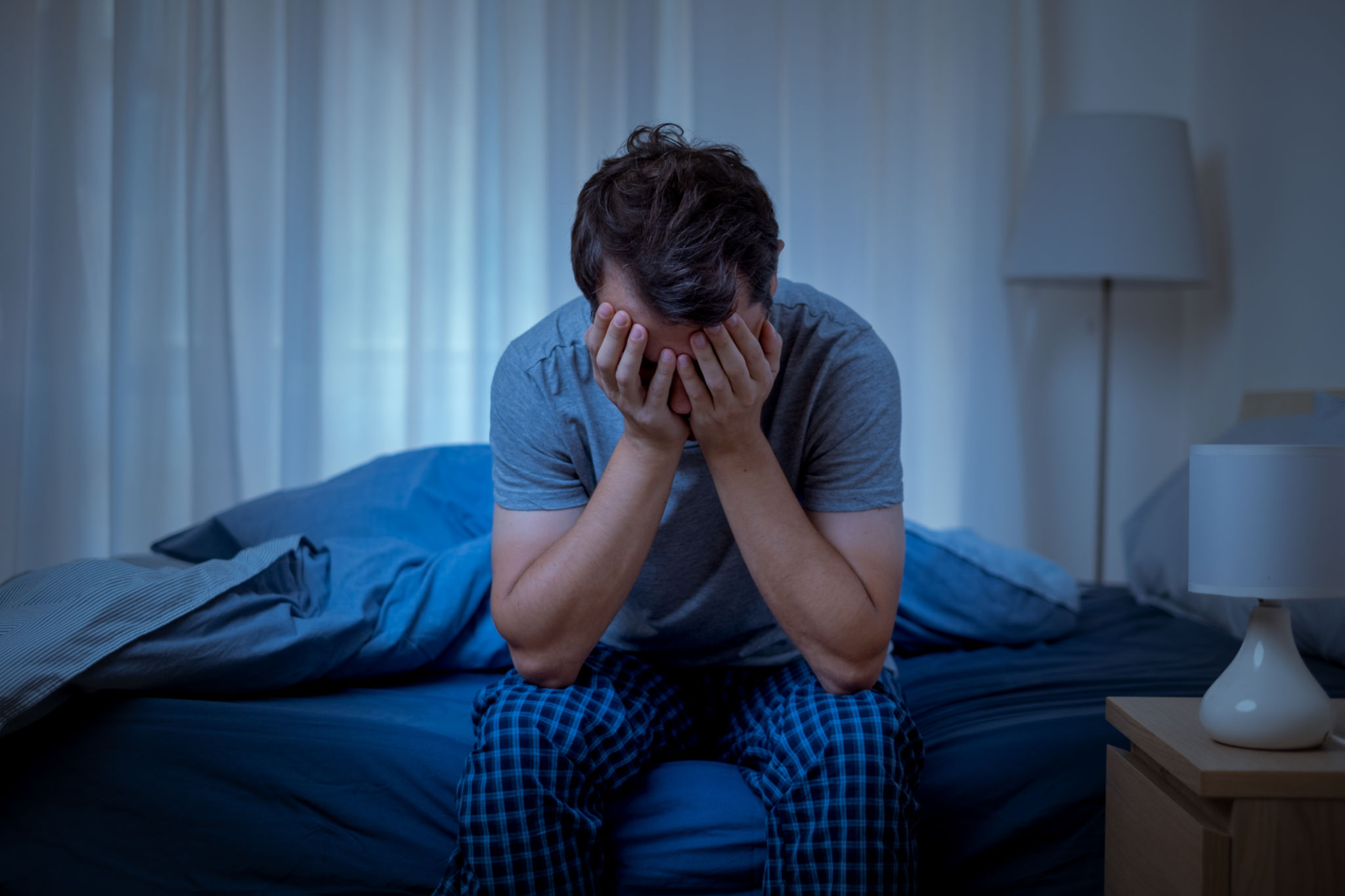Hypnotherapy for Insomnia: Can It Really Help You Sleep Better?
Understanding Insomnia
Insomnia is a common sleep disorder affecting millions of people worldwide. Characterized by difficulty falling asleep or staying asleep, insomnia can lead to various health problems, including fatigue, mood disturbances, and a decrease in overall quality of life. Traditional treatments often include medications or cognitive-behavioral therapy, but hypnotherapy is emerging as a promising alternative. This blog post explores whether hypnotherapy can genuinely help you sleep better.

What is Hypnotherapy?
Hypnotherapy is a therapeutic technique that uses guided relaxation, intense concentration, and focused attention to achieve a heightened state of awareness often called a trance. This altered state allows people to explore thoughts, feelings, and memories they might be hiding from their conscious minds. In the context of treating insomnia, hypnotherapy aims to address the underlying causes of sleep disturbances and promote relaxation.
How Does Hypnotherapy Work?
During a hypnotherapy session, a trained therapist helps guide the patient into a deeply relaxed state. Once in this trance-like state, the therapist can suggest new ways of thinking about sleep, helping the patient develop healthier sleep habits and reduce anxiety associated with insomnia. The goal is to create lasting behavioral changes that promote better sleep quality.

Benefits of Hypnotherapy for Sleep
There are several potential benefits of using hypnotherapy to address insomnia:
- Natural and Non-Invasive: Unlike medications, hypnotherapy does not involve any drugs or physical interventions.
- Addresses Root Causes: Hypnotherapy targets the underlying psychological factors contributing to insomnia, such as stress and anxiety.
- Promotes Relaxation: The process itself is calming, which can help reduce stress levels that interfere with sleep.
Scientific Evidence Supporting Hypnotherapy
Several studies have shown that hypnotherapy can be an effective treatment for insomnia. Research indicates that individuals who undergo hypnotherapy report improvements in sleep quality and duration. For example, a study published in the Journal of Clinical Sleep Medicine found that hypnotherapy significantly improved sleep patterns compared to control groups. While more research is needed, these findings are promising for those seeking alternative treatments.

Who Can Benefit from Hypnotherapy?
Hypnotherapy is not suitable for everyone, but it can be beneficial for those who have tried other treatments without success. It may be particularly useful for individuals who experience insomnia due to stress or anxiety, as it can help them develop better coping mechanisms. Before starting hypnotherapy, it's essential to consult with a healthcare professional to determine if it's the right choice for you.
What to Expect in a Session
A typical hypnotherapy session lasts between 60 to 90 minutes. The therapist will discuss your sleep issues and any underlying concerns before guiding you into a relaxed state. During the session, you remain fully aware and in control but feel calm and open to suggestions. Most people find the experience pleasant and relaxing, even if they're initially skeptical about hypnosis.

Conclusion
While hypnotherapy might not be a one-size-fits-all solution for insomnia, it offers a promising alternative for those seeking non-pharmacological treatments. By addressing the root causes of insomnia and promoting relaxation, hypnotherapy can help improve sleep quality for many individuals. If you're struggling with insomnia and conventional treatments haven't worked, consider exploring hypnotherapy as a viable option.